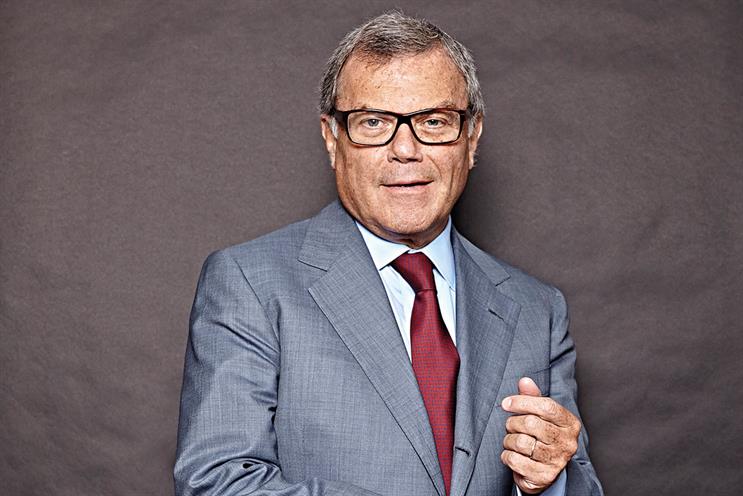
WPP’s chief executive told ±±¾©Èü³µpk10 that Accenture’s purchase in May of The Monkeys "strikes me as a bit odd" and that similar acquisitions by other consultancies were also "odd". Accenture bought Karmarama in 2016.
Sorrell said consulting and creativity were very different: "Traditionally, those consultants have worked with chief information officers or chief technology officers on the left brain; we’ve tended to work with chief marketing officers on the right brain."
He went on: "If you ask the Accenture consultants whether you can buy culture, they would say no."
Sorrell recalled how William Eccleshare, now the chairman and chief executive of Clear Channel International, left WPP to go to McKinsey and then returned to the ad group.
"I remember saying to him: ‘What’s the difference between McKinsey and WPP?’" Sorrell said.
"And he said, ‘At McKinsey, they say: it is a fact that. At WPP, they say: I think that.’ That’s a very fair way of putting it. One is more science and one is more art."
Sorrell acknowledged the two worlds were blurring. "In exactly the same way that they [consulting firms] are trying to morph and migrate to the right brain, we are trying to migrate the left brain," he said.
Joy Bhattacharya, managing director of Accenture Interactive UK and Ireland, said it has a "culture of cultures" to allow consulting and creativity to work together and "solve" marketers’ challenges.
"We recognise that today’s progressive marketer is a whole-brain marketer," he said.
Citigroup has played down the rise of the consulting giants and suggested they would struggle to challenge ad groups such as WPP.
"It is much harder to scale creative than technology," Citigroup said in a report in May. "If the consultancies want to compete in agencies’ core business, larger-scale acquisitions will be needed."




.jpg)
.jpeg)
